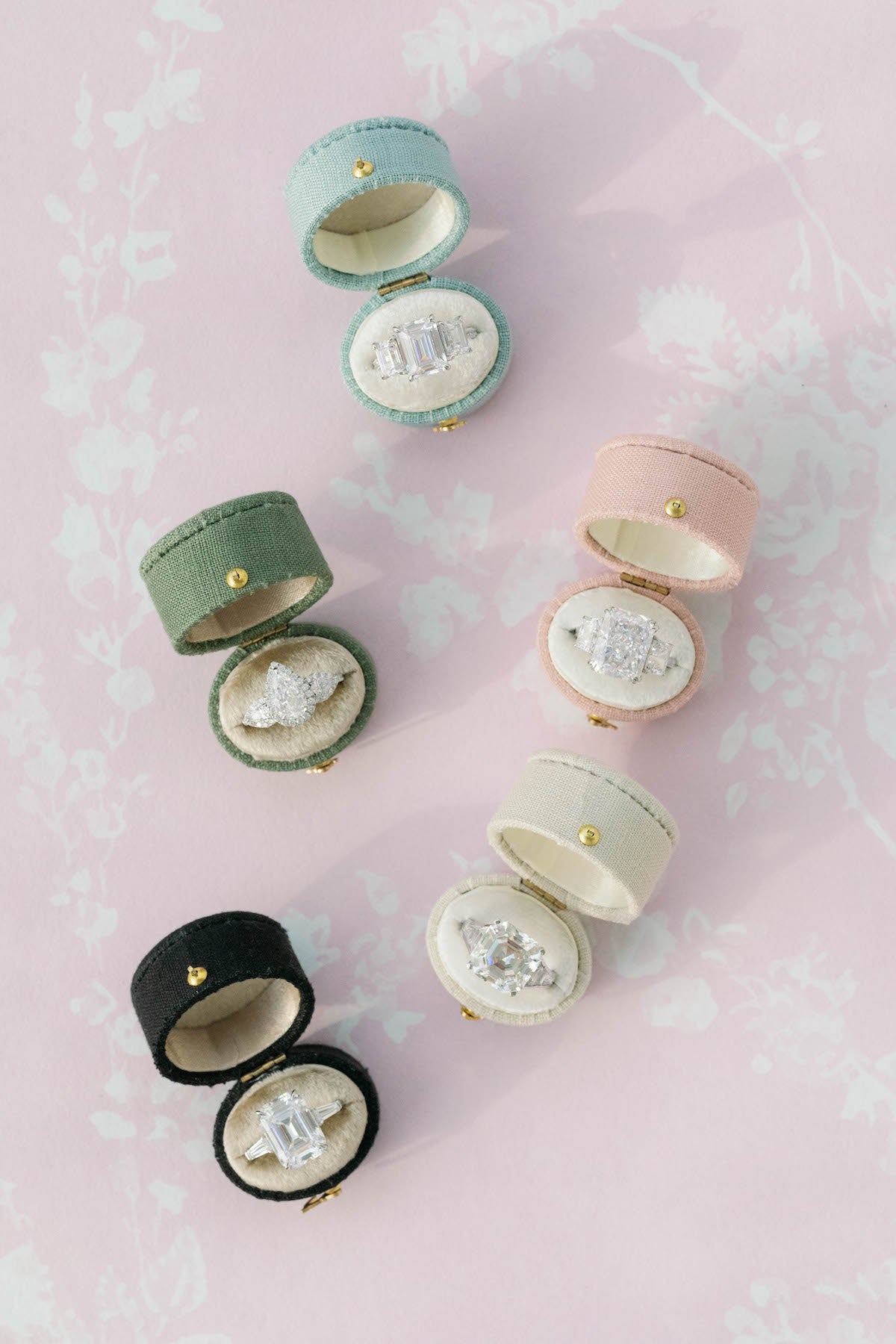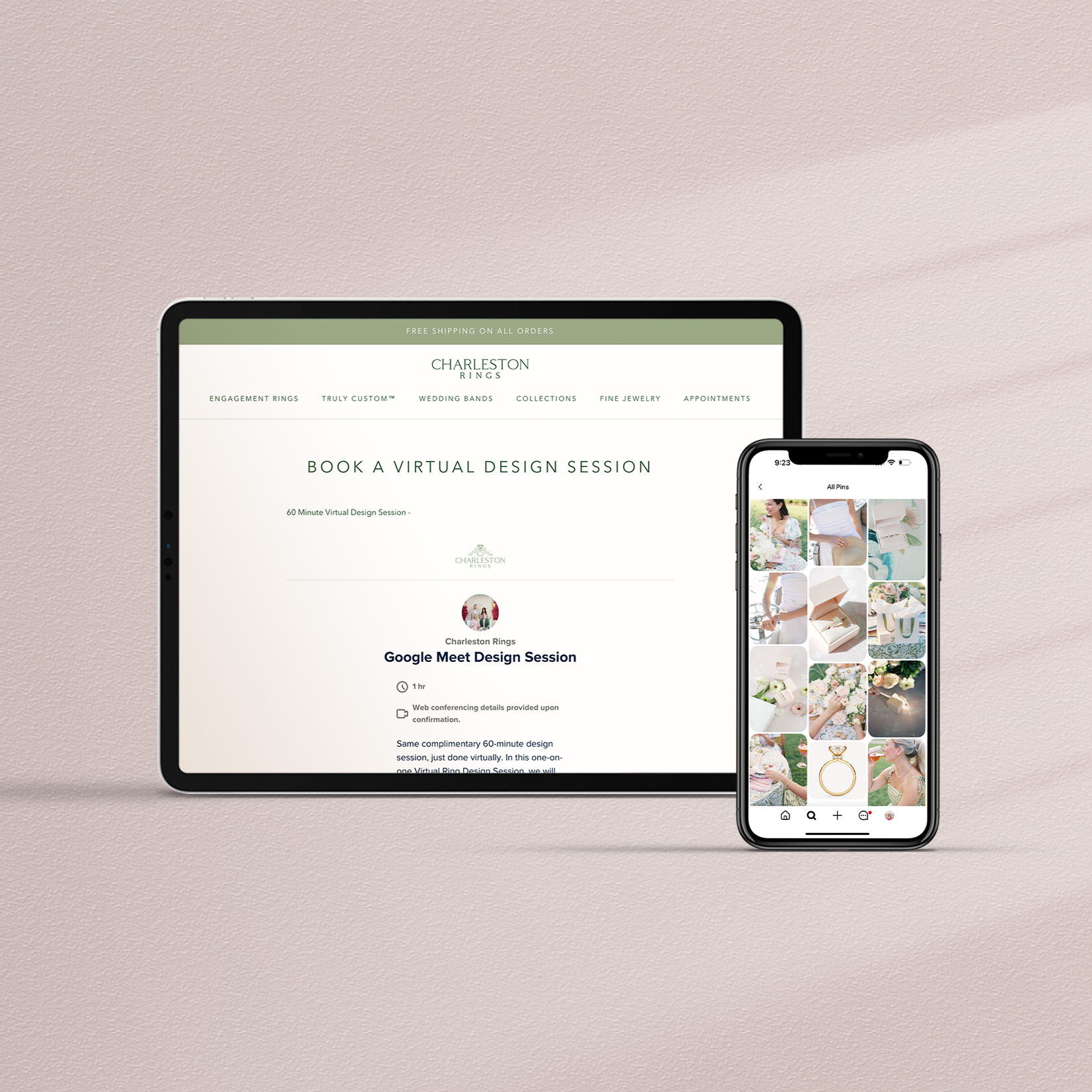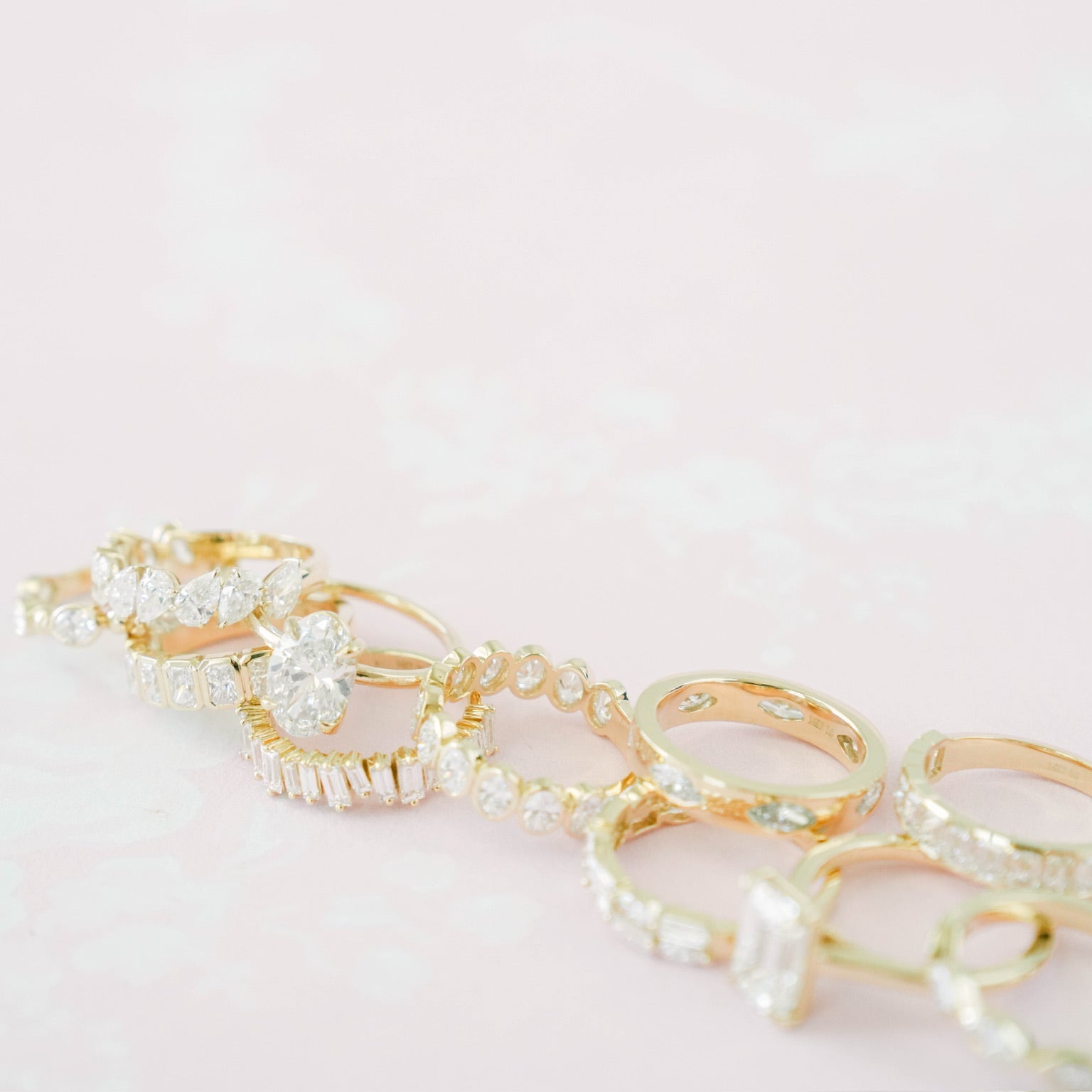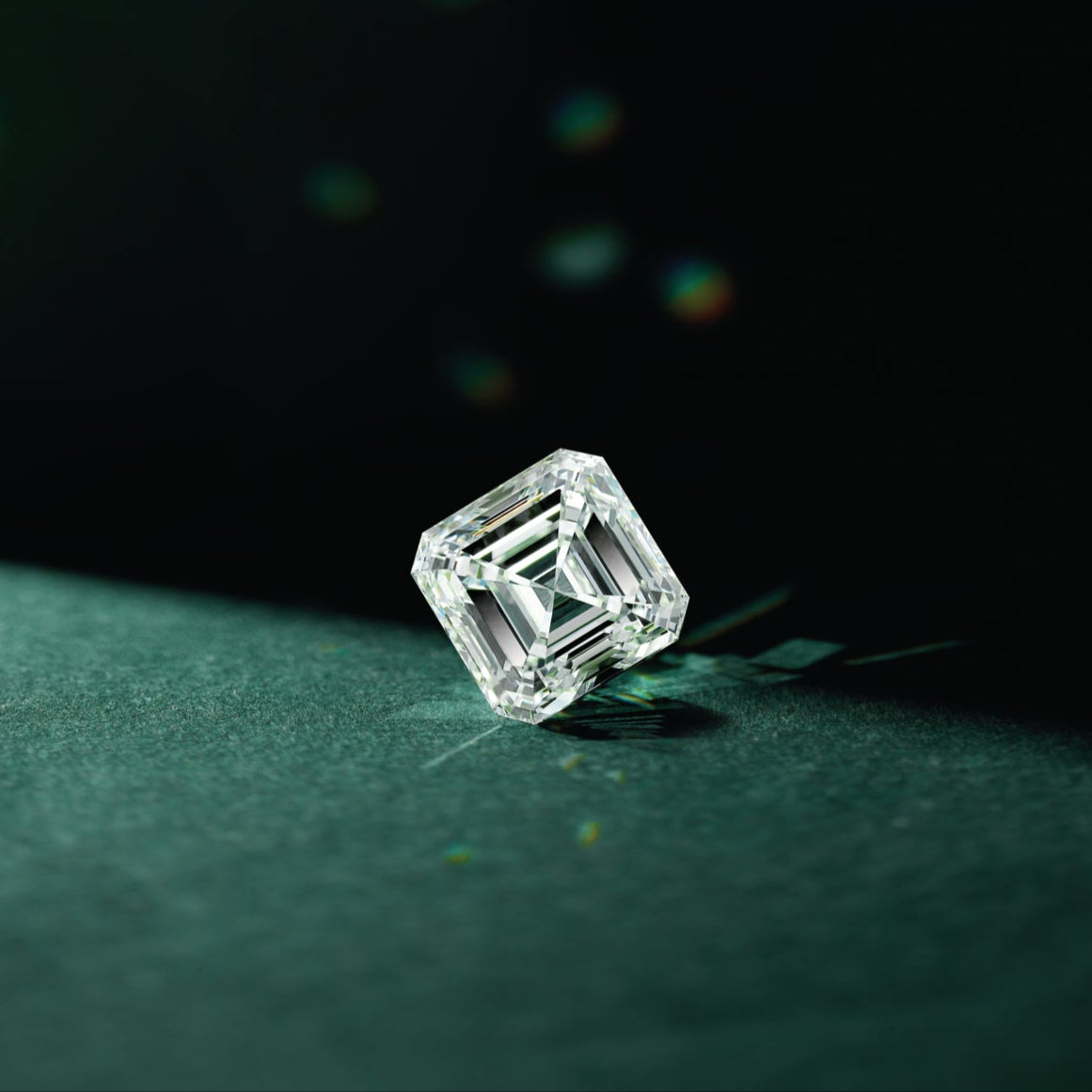
real vs. lab-grown: debunking myths about lab-grown diamonds
Introduction: Unveiling the Truth About Lab-Grown Diamonds
The diamond industry has witnessed a significant transformation recently, largely due to the emergence of lab-grown diamonds. Although they offer a more ethical and often more affordable alternative to mined diamonds, lab-grown diamonds are still surrounded by myths and misconceptions. In this comprehensive guide, we aim to debunk these myths by presenting empirical data, expert opinions, and scientific facts.
Myth 1: Lab-Grown Diamonds Are Not Real Diamonds
The Reality
Lab-grown diamonds are chemically, physically, and optically identical to mined diamonds. Made of pure carbon arranged in a crystal lattice structure, they are officially recognized as real diamonds by the Federal Trade Commission (FTC).
The Data
A study published in "Gems & Gemology" confirms that lab-grown diamonds share the same physical properties as natural diamonds, such as hardness, refractive index, and density.
Why It Matters
Understanding that lab-grown diamonds are genuine diamonds enables you to make informed decisions, dispelling misconceptions that could otherwise influence your choices.
Myth 2: Lab-Grown Diamonds Are Cheaper Because They Are Lower Quality
The Reality
Lab-grown diamonds are generally more affordable due to lower production costs, not because they are of inferior quality. They undergo the same grading standards as mined diamonds, based on the 4 Cs: Cut, Color, Clarity, and Carat weight.
The Data
A 2019 Bain & Company report reveals that lab-grown diamonds can be 20-40% less expensive than mined diamonds, while matching or even exceeding the quality of natural diamonds in some instances.
Why It Matters
Awareness that you're not sacrificing quality for cost can make lab-grown diamonds a more appealing option for savvy consumers.
Myth 3: Lab-Grown Diamonds Are Bad for the Environment
The Reality
Though lab-grown diamond production does require energy, its overall environmental footprint is significantly smaller than that of mined diamonds. There is no habitat destruction, soil degradation, or other common environmental harms associated with mining.
The Data
A 2014 report from Trucost revealed that the carbon footprint of a lab-grown diamond is three times smaller than a mined diamond. Moreover, many companies like Charleston Engagement Rings prioritize sustainable practices.
Why It Matters
For eco-conscious consumers, the lower environmental impact of lab-grown diamonds could be a decisive factor when making a choice.
Myth 4: Lab-Grown Diamonds Don't Have Resale Value
The Reality
Both mined and lab-grown diamonds depreciate in value after purchase, but they can still be resold and are not worthless.
The Data
A 2020 study by the International Gemological Institute shows that lab-grown diamonds retain about 50-60% of their original value upon resale, comparable to mined diamonds.
Why It Matters
Understanding the resale value helps consumers make more informed investment choices, whether opting for a mined or lab-grown diamond.
Myth 5: Lab-Grown Diamonds Are Easy to Differentiate from Mined Diamonds
The Reality
Lab-grown diamonds are virtually indistinguishable from mined diamonds. Specialized equipment is often required to tell them apart.
The Data
A 2018 study in the journal "Nature" demonstrated that even experienced gemologists could not reliably differentiate between lab-grown and mined diamonds without using specialized equipment.
Why It Matters
The indistinguishability of lab-grown from mined diamonds testifies to their quality and authenticity, making them a valid choice for any jewelry, including engagement rings.
Conclusion: Empowered with Facts, Not Myths
Lab-grown diamonds offer a compelling alternative to traditional mined diamonds, meeting both ethical and budget-friendly criteria. Unfortunately, myths can muddy the waters and lead to misunderstandings. Our aim is to clear up these misconceptions, equipping you with the knowledge you need to make a well-informed decision.
At Charleston Engagement Rings, we're not just about selling jewelry; we're about forging meaningful connections and driving positive change in the industry. Armed with the facts, the next time you hear a myth about lab-grown diamonds, you'll be ready to set the record straight.













